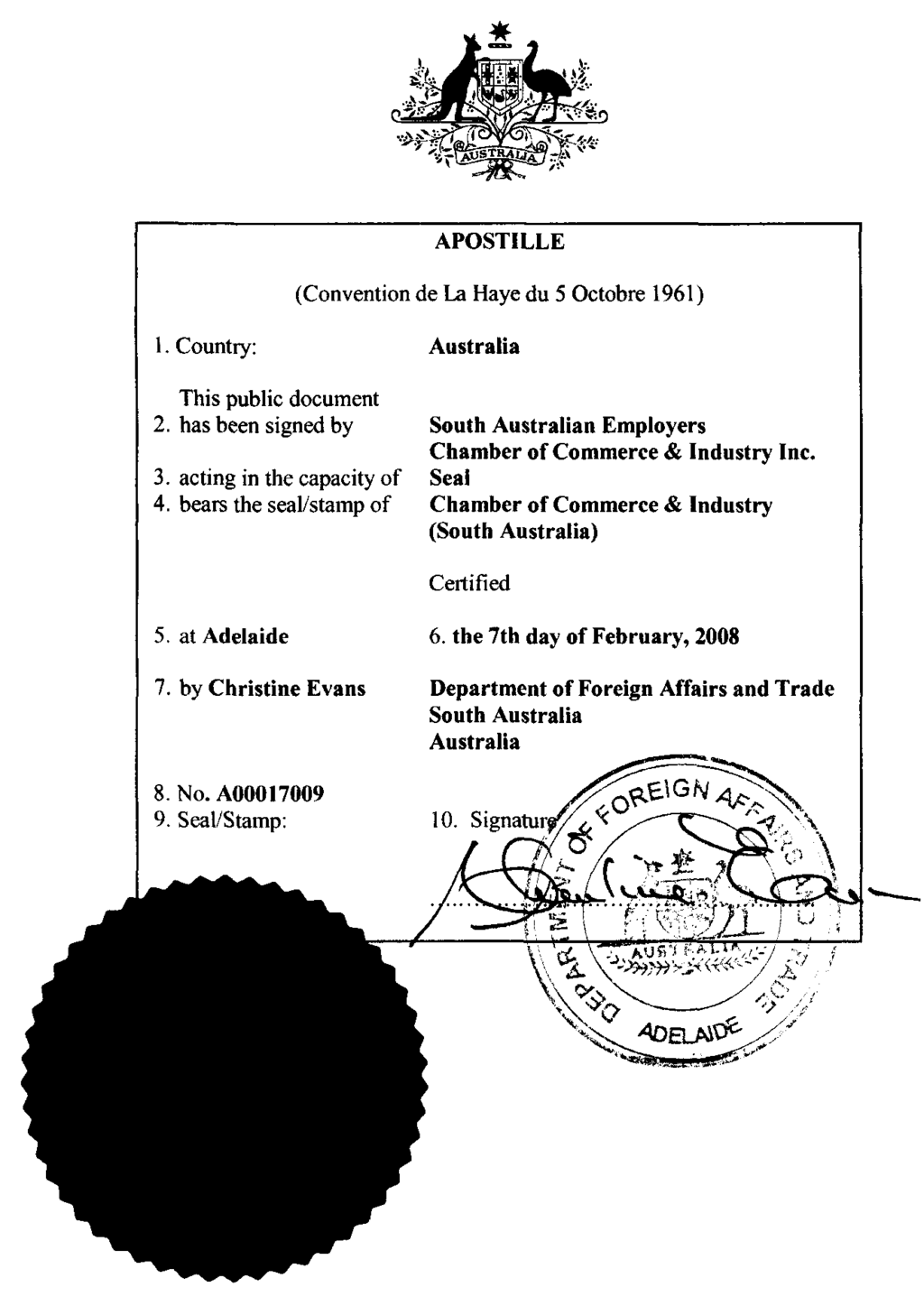Apostille and legalization
Apostille and Legalization
A foreign document entitling the holder to undertake studies at the appropriate level should be certified by either an apostille or legalization.
Apostille is a certificate on the basis of which official documents (including certificates and diplomas) issued in the territory of one state are considered legal in the territory of another. The apostille was introduced by the "Convention Abolishing the Requirement to Legalize Foreign Official Documents", which was signed in the Hague on October 5, 1961 (Journal of Laws of 2005 No. 112, item 938). It applies to countries that have adopted this convention. You can obtain an apostille in the country that issued your diploma.
Legalization is confirmation of the authenticity of a document (e.g. certificate or diploma) issued in another country. It must be carried out if it is not possible to obtain an apostille. It is necessary when the country that issued the document did not adopt the Convention Abolishing the Requirement to Legalize Documents. If the country in which you received your diploma is not on the list of signatories of the Hague Convention, you should legalize this document. Usually, the document is legalized by the Polish consul in the country where the document was issued. Please contact the consulate and inquire about the procedure for legalizing documents
By the Ordinance of the Rector no. 13/22 from 2022 in a justified case a candidate may submit a document without apostille/legalization. A candidate should submit written justification with a promise to deliver a diploma with apostille/legalization before 15 September (summer recruitment) or 15 February (winter recruitment). Candidate who will not keep the promise, will not be accepted for studies.



